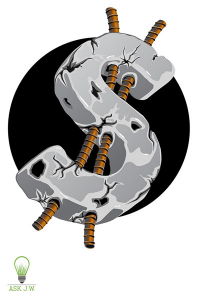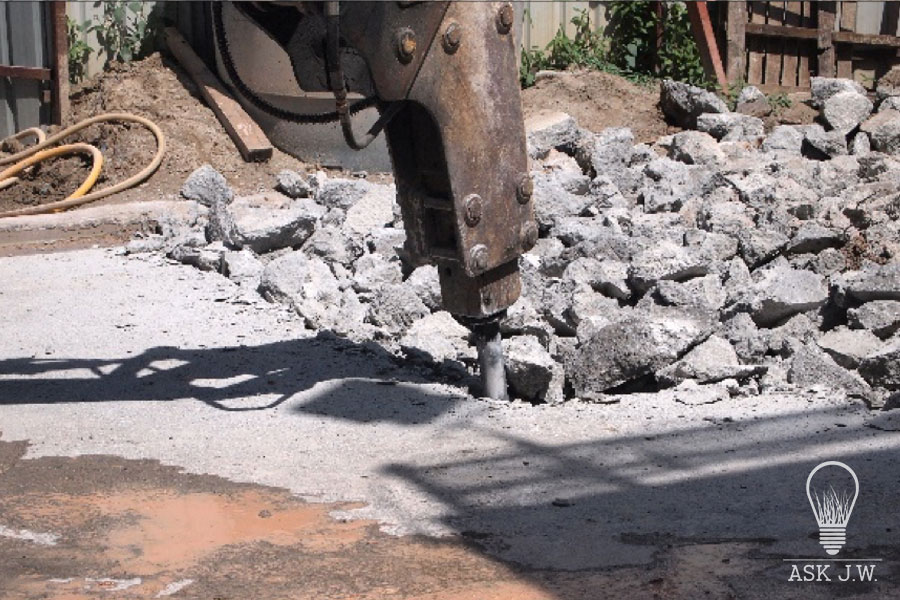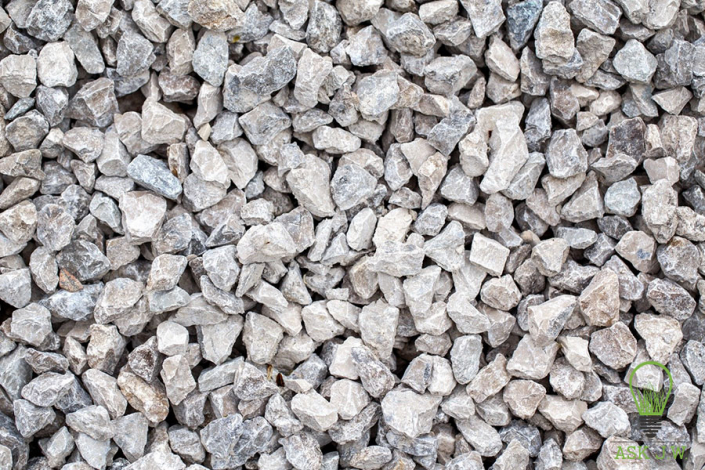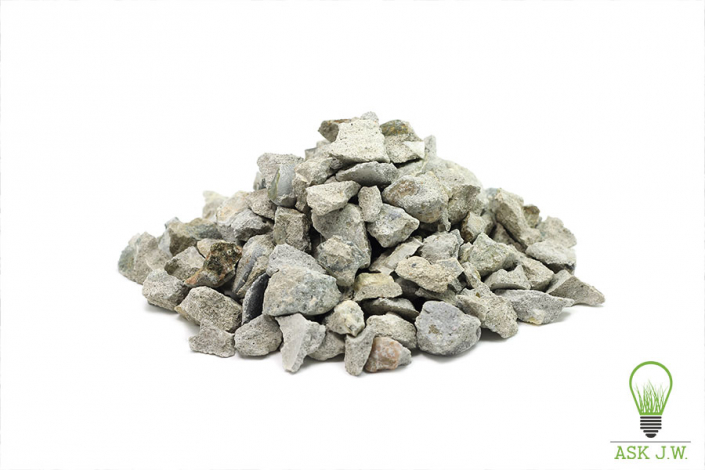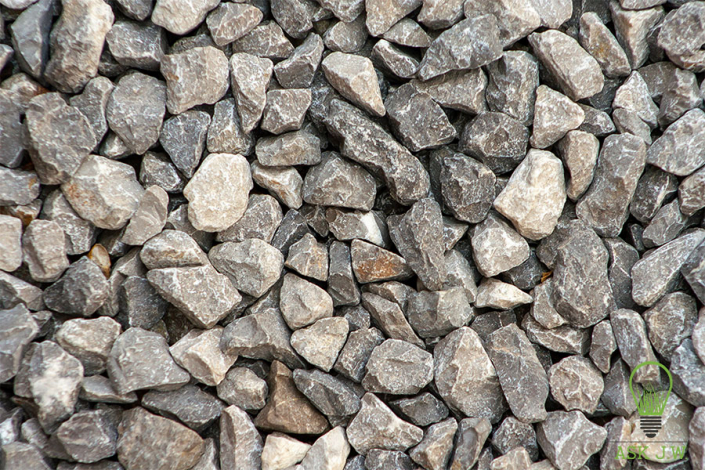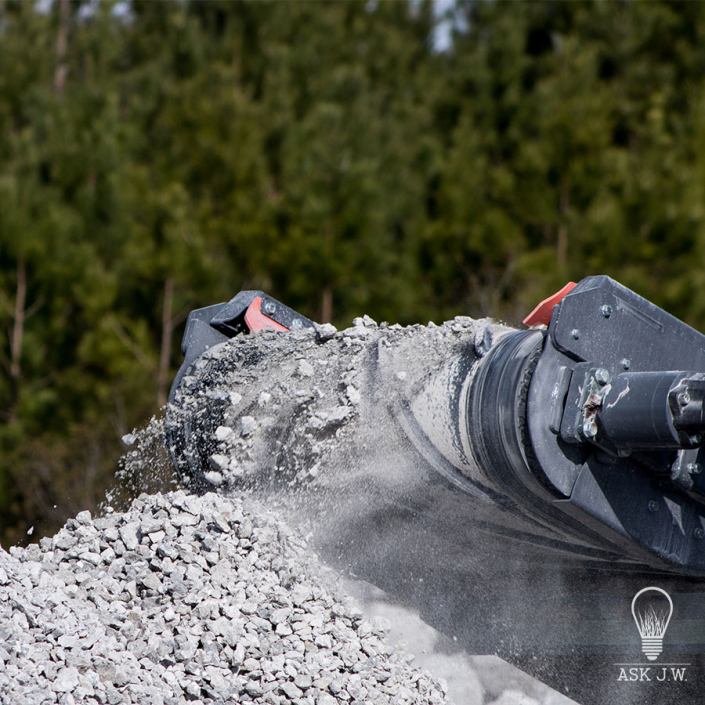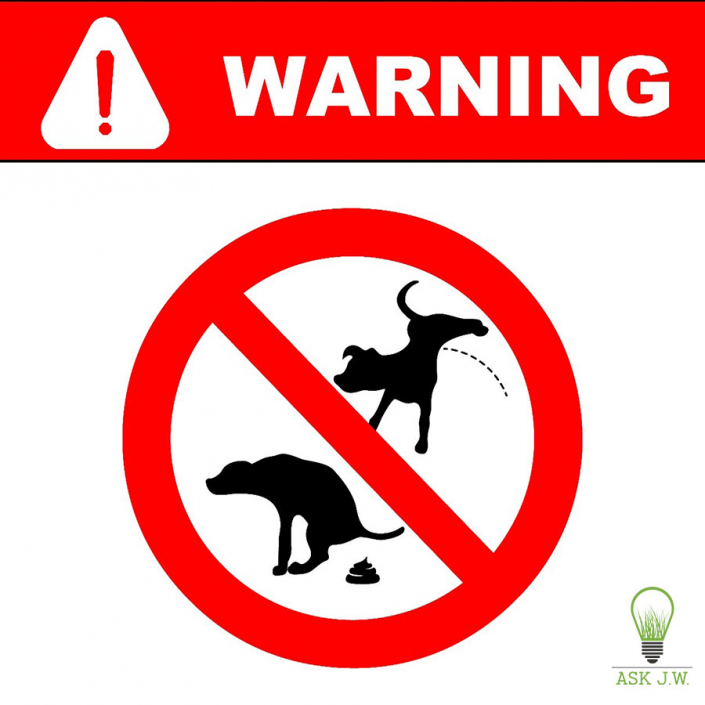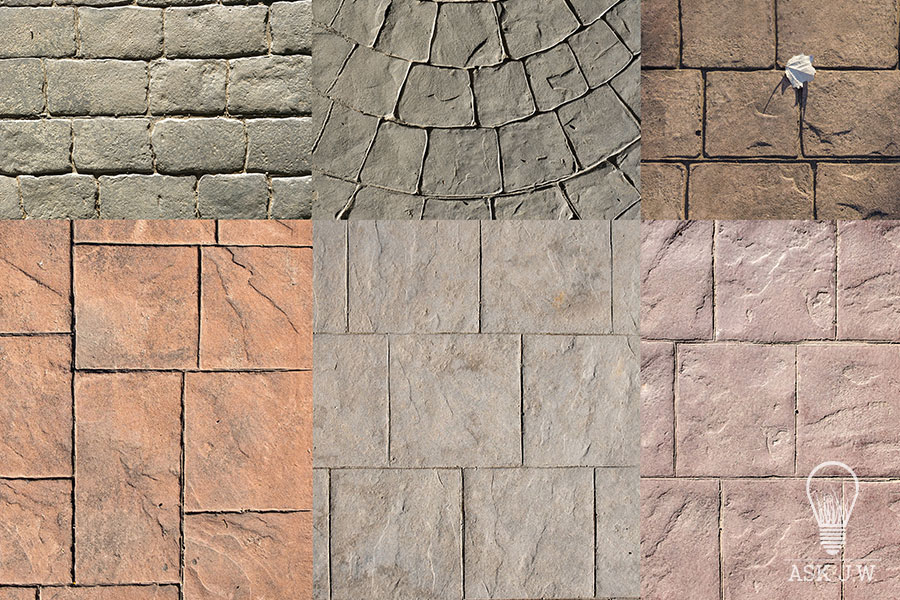Finding a good aggregate for compaction can be confusing to new contractors in the synthetic turf business. Rock plants produce many aggregates for all types of construction. When seeking out a good compaction aggregate for synthetic turf, it is important to understand how that aggregate plays a role in your entire installation. Many synthetic turf contractors have used all types of base material underneath their synthetic turf. Placing base materials that have great compaction qualities is needed for the prevention of settlement after years of use. Decades ago, most turf contractors used road base or Type II for their compaction materials. Today, rock plants have a variety of materials that can be used under turf that will produce successful results. 3/8 minus, decomposed granite, and limestone chat aggregates are among the most used across the nation due to their ability to reach great compaction numbers while leaving a smooth surface. It is crucial to understand that good compaction comes with materials that are clean and free of contamination. Crushed recycled concrete has become a favorite for many turf contractors due to its availability, price, and ability to compact. This month, Ask JW will touch on crushed recycled concrete for synthetic turf and how it may be good for some installations but not good for others.
What is Crushed Recycled Concrete?
Crushed recycled concrete is made up of broken debris, usually concrete. Crushed asphalt may also be known as recycled concrete. When concrete is demolished from roads, parking lots, and other structures, it is usually dumped in landfills. Rock plants have started crushing and recycling concrete by setting up crushers to sell to the construction industry. Concrete is not biodegradable and won’t decompose. Recycling crushed concrete reduces landfill and becomes a resource for base materials for synthetic turf contractors. Crushed recycled concrete is great for placing under landscape synthetic turf. It compacts well, provides great drainage, and gives long-term stability.
Crushed Recycled Concrete & Pet Areas
Crushed recycled concrete is a great candidate as base material under landscape synthetic turf, but is it good for use under pet installations? My answer is no. I do not recommend placing recycled crushed concrete under pet installations. Crushed recycled concrete is not made of aggregates alone. It is a combination of rock, sand, cement, and sometimes fly ash. When concrete is recycled and broken up, fine sand, cement, and other particles remain intact, bonded to the aggregates. These bonded materials can be very absorbent. Have you ever experienced an oil leak on a concrete driveway? They’re often impossible to remove. Poured-in-place concrete can be very absorbent in the same way, and when the concrete is broken up into smaller pieces, these particles are still part of the concrete and can absorb pet urine. When the crushed recycled concrete is contaminated with pet feces and/or urine, a disinfectant may be used to combat the uric acid in the pet urine which may cause odors.
Crushed Recycled Concrete Residue
Crushed recycled concrete is made up of broken debris, usually concrete. Crushed asphalt may also be known as recycled concrete. When concrete is demolished from roads, parking lots, and other structures, it is usually dumped in landfills. Rock plants have started crushing and recycling concrete by setting up crushers to sell to the construction industry. Concrete is not biodegradable and won’t decompose. Recycling crushed concrete reduces landfill and becomes a resource for base materials for synthetic turf contractors. Crushed recycled concrete is great for placing under landscape synthetic turf. It compacts well, provides great drainage, and gives long-term stability.

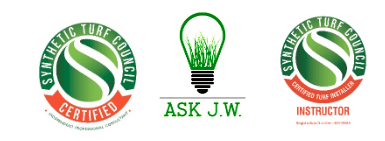
If you have any questions about using crushed recycled concrete, please give me a shout.
Call 888.846.3598 or email AskJW@SGWcorp.com
Suggestions for the use of Ask JW installation techniques are solely at the end users’ discretion; however, the user should determine suitability for the intended use by his/her own evaluation. Because the use of the materials is beyond our control, neither Ask JW nor SGW shall be liable for the outcome of any use of said materials including any injury, loss, or damage, direct or consequential, arising out of the use or inability to use these techniques and products.
